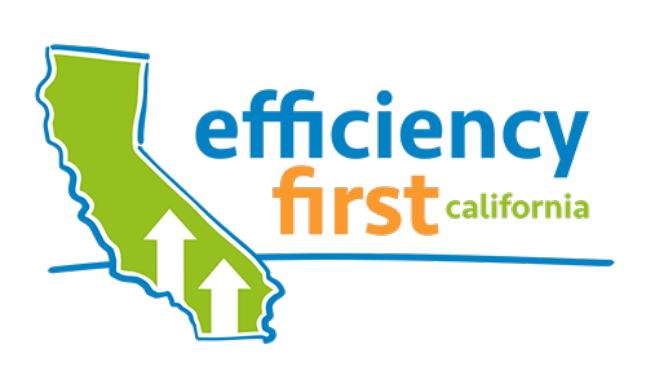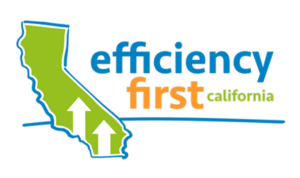Reducing Greenhouse Gas Emissions
The conversation statewide continues to revolve around Greenhouse Gas emissions (GHG) and grid impacts. Reducing emissions is continuing to be at the forefront of the policy conversations statewide. The most apparent strategy is limiting the number of things we burn (fossil fuel) and moving towards renewable, clean energy sources, like electricity. Multiple efforts are underway by a variety of stakeholders to promote the adoption of heat pump technology.
Heat Pump Water Heaters
From an incentive standpoint, the trend seems to be to encourage heat pump water heaters as the first effort closely followed by heat pump space heating. When savings occur is a crucial consideration as shifting loads to take advantage of excess solar production or to limit stress on the electric grid is a serious concern. Electrical grid interactions and load management is critical and will continue to be a factor in energy policy moving forward. As a side note, if you are considering installing or providing heat pump water heaters choosing models with DR (Demand Response) capability would be a smart choice. Not all heat pump water heaters have the ability to communicate with a third party, such as a utility. It’s worth a couple of extra bucks to include this capability.
Building Decarbonization Coalition (BDC)
If you are interested in learning more about the GHG reduction and decarbonization we encourage you to check out the Building Decarbonization Coalition (BDC), as they have quickly risen to become the front runner in this effort.
Regional Energy Networks (RENs)
Another policy conversation is focused on the value of the RENs (Regional Energy Networks). RENs were initially created to fill in the gaps in programs that the investor-owned utilities (IOUs) were offering. The concept was that by partnering with local governments, the RENs could support hard to reach communities and provide unique opportunities that would be difficult for the IOUs. With the formation of many new CCAs (Community Choice Aggregators) across the state, there is a concern that the RENs are no longer needed or may be in conflict with the CCAs. Comments have been provided from both sides of the argument and have been submitted to the CPUC. I suspect that upon review, the value of the RENs will be confirmed and they will continue with their partnerships with local government. We will keep you abreast of the conversation.
Charley Cormany
Executive Director


